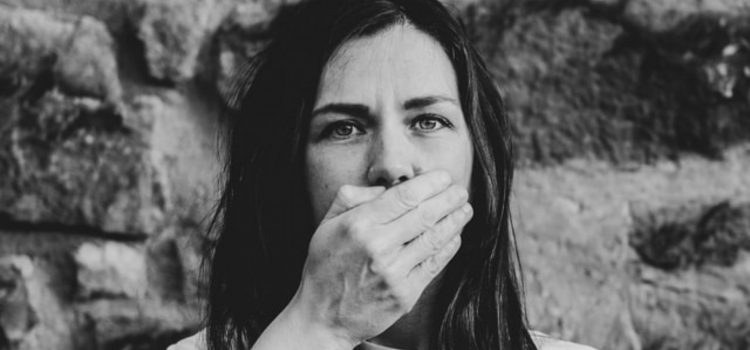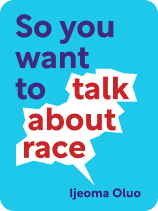

This article is an excerpt from the Shortform book guide to "So You Want to Talk About Race" by Ijeoma Oluo. Shortform has the world's best summaries and analyses of books you should be reading.
Like this article? Sign up for a free trial here .
Ever wondered why it’s OK when black people are using the N-word but white people are discouraged from doing so? Why does the word carry a different meaning depending on the skin color of the person saying it?
Words carry emotions and they perpetuate social structures. Every word has a history, and the word “nigger” carries a particularly ugly emotional history of dehumanization, disadvantage, exploitation, and oppression.
Here is why who’s using the N-word matters.
Black People Use the N-Word. Why Can’t I?
The word “nigger” comes from the word for “black” in various Romance languages (languages descended from Latin, such as Spanish, French, and Portuguese). From the 1500s onwards, it was used to refer to dark-skinned people. People began to use it in a derogatory way in the late 1700s, and over the next several hundred years, it came to be a hate-charged way to talk about slaves. The word “nigger” was shouted to justify the pain and humiliation of slave whippings, slave hunts, cross burnings, and hangings.
Every time a white person uses this word, they invoke this oppressive, violent history. This applies no matter what their intentions are. The effects of this oppressive history are still with us today. This means that the historical weight of this word hasn’t changed.
If we contrast “nigger” with a word like “cracker,” we can immediately see the difference. The historical and emotional weight of “cracker” just doesn’t come close to measuring up. “Cracker just doesn’t carry the same degree of historical hatred and dehumanization, and it doesn’t tap into a currently active system of disadvantage.
The fact that a black person can use this word and a white person can’t might seem on the surface like a double standard. And it is a double standard—but the reason it exists is to counteract the effects of a much deeper and more serious double standard in the opposite direction. When used by a white person, the word “nigger” invokes the original double standard whereby black people were abused, dismissed, and treated as subhuman—a situation that we’ve seen still exists today in various forms. When used by a black person, the word doesn’t invoke this same double standard.
Remember that when we’re deciding whether or not something is racist, we need to include the power structures that support the racist bias. When black people use the N-word, it doesn’t tap into these power structures. And when it does, it taps into them only to subvert them.
What if I Get Called Racist?
Don’t go into conversations about race terrified of being called racist. Go in with the aim to uncover and educate the racist parts of yourself that you already know are there. And remember that getting called racist isn’t as bad as dealing with the actual effects of systemic racism.
If you get called racist:
- Stop. Listen. Think. Hear it as a criticism of a behavior, not as a statement that you’re a terrible person.
- Remember that intentions are irrelevant. While intentions do feed into behavior, it’s the behavior that does the real damage.
- Focus on the effects of your actions rather than the action itself. For example, let’s say you’ve been speaking over someone in work meetings without realizing. The action itself is easy to explain away (“I was just being enthusiastic”; “I just really didn’t agree with you”). It’s much harder to argue with the effect (“Your behavior is undermining me professionally and is part of a pattern of behavior in this workplace that invalidates me as a person of color.”)
- Remember that nobody owes you anything. If you want to know more about what you did wrong and the person who called you out isn’t receptive, don’t push. Nobody owes you a conversation or a relationship. If the person doesn’t want to engage anymore, find another way to figure it out.

———End of Preview———
Like what you just read? Read the rest of the world's best book summary and analysis of Ijeoma Oluo's "So You Want to Talk About Race" at Shortform .
Here's what you'll find in our full So You Want to Talk About Race summary :
- How to have an intelligent, empathetic conversation about race
- Why people are afraid to talk about race
- Where racism came from and what fuels it






